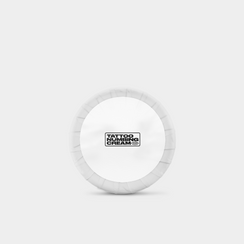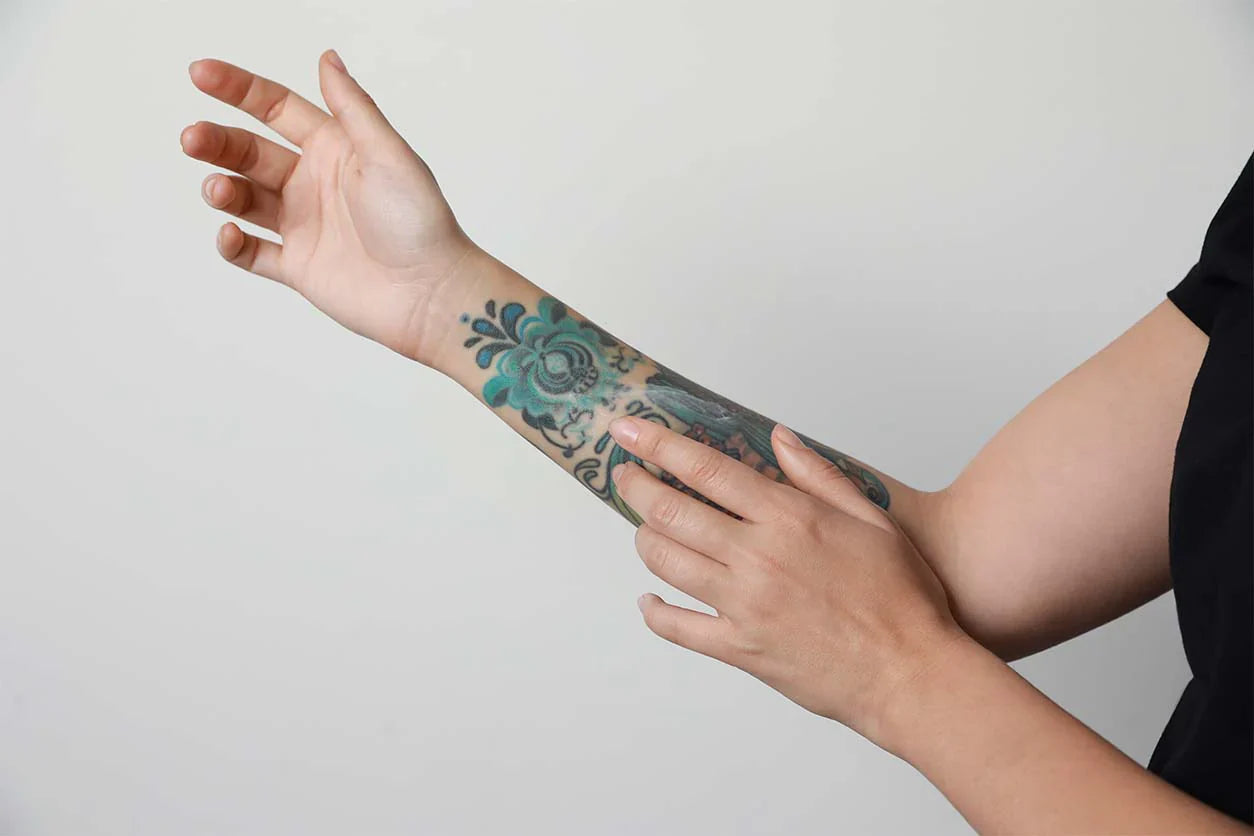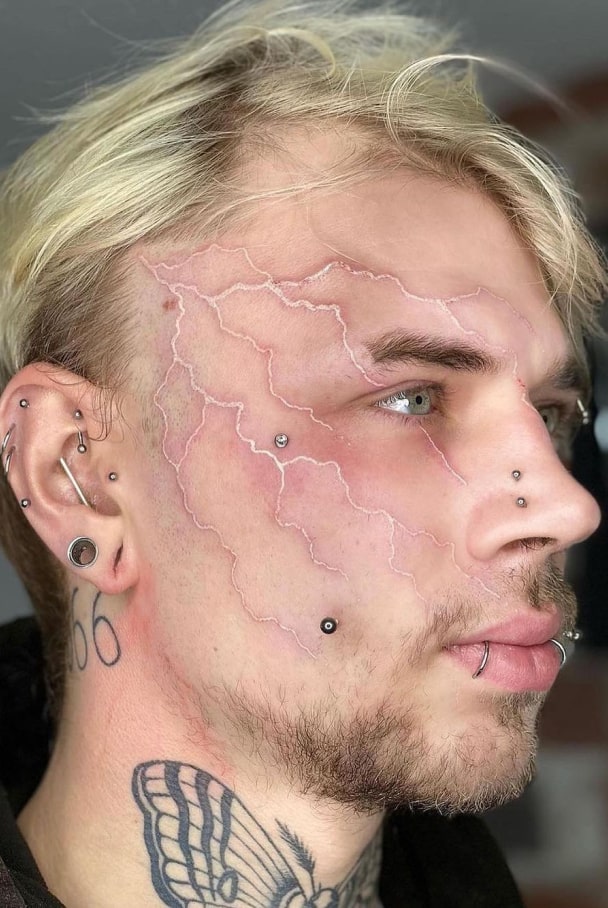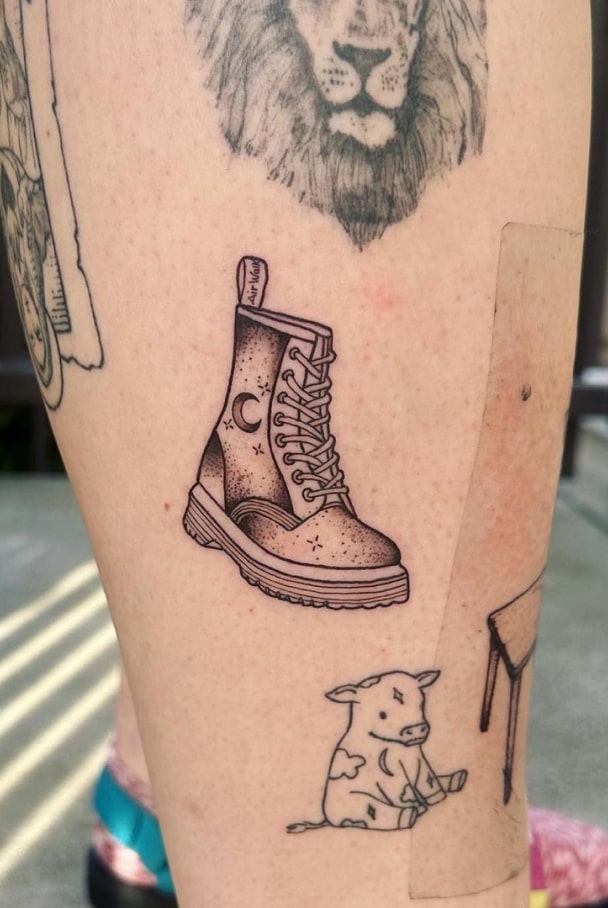The thought of getting a tattoo can be both exciting and intimidating. While the artistic expression and permanent reminder hold immense appeal, the pain associated with the tattooing process can be a significant deterrent. Enter tattoo numbing creams, a product marketed to alleviate discomfort during your tattoo session. But amidst the promise of pain relief, a common concern arises: Does tattoo numbing cream reject ink?
This blog will look into the world of tattoo numbing creams, separating fact from fiction. We'll explore how these creams work, potential side effects, and answer the burning question of whether they hinder the tattooing process or the finished product.
Understanding Tattoo Numbing Creams
Tattoo numbing creams are topical ointments applied to the skin before a tattoo session. They typically contain ingredients that temporarily numb the area, aiming to reduce pain during the tattooing process. These creams come in various formulations and strengths, and their effectiveness can vary depending on the brand and individual skin sensitivity.
The Science Behind Numbing
Most tattoo numbing creams work by temporarily blocking pain signals at the nerve endings in the applied area. They achieve this by targeting specific receptors or introducing a slight vasoconstrictive effect, reducing blood flow and nerve activity. It's important to remember that numbing creams offer a topical effect, numbing the surface layers of the skin, not the deeper dermis where the tattoo ink is deposited.
Does Numbing Cream Affect Ink Acceptance?
This is the million-dollar question! Here's the good news: There is no scientific evidence to suggest that tattoo numbing creams, when used properly, directly reject or prevent ink from being absorbed by the skin. The numbing effect is localised and temporary, and the tattoo ink is deposited in a deeper layer of the skin.
However, a few factors can indirectly influence the tattooing process and potentially impact the final product if not addressed:
- Improper Application: Applying the cream too thickly or leaving it on for an excessive amount of time can create a barrier on the skin's surface. This can make it slightly more difficult for the artist to penetrate the skin and deposit ink effectively.
- Expired Products: Using expired creams is not only ineffective but can also irritate the skin. They may have lost their numbing properties or broken down into potentially harmful compounds.
- Skin Sensitivity: Some individuals may experience allergic reactions to certain ingredients in tattoo numbing creams. This can lead to redness, irritation, or swelling, making it difficult for the artist to tattoo effectively.
Considerations Before Using Numbing Cream
While tattoo numbing creams can be a helpful tool for pain management, it's crucial to weigh the potential benefits against any drawbacks. Here are some things to consider before using a numbing cream:
- Discuss with your Tattoo Artist: It's essential to discuss your intention to use a numbing cream with your tattoo artist beforehand. They can advise on reputable brands, proper application techniques, and potential interactions with their chosen ink or technique.
- Patch Test: Always perform a patch test on a small area of skin at least 24 hours before your tattoo session. This helps identify any potential allergic reactions to the cream.
- Quality Matters: Invest in a high-quality tattoo numbing cream specifically formulated for tattoo procedures. Avoid generic numbing creams that may not be suitable for use with tattoo ink.
- Realistic Expectations: Numbing creams typically reduce, not eliminate, pain entirely. The experience can still be uncomfortable, but hopefully more manageable.
- Different Techniques & Styles: The effectiveness of numbing cream can vary depending on the tattoo style and technique. For example, delicate linework or intricate shading might require more precision, potentially impacted by a numbed area.
Tattoo Numbing Creams: A Safe and Effective Option
When used correctly and with your artist's approval, tattoo numbing creams can be a safe and effective way to manage pain during your tattoo session. Remember, a successful tattoo experience hinges on open communication with your artist, choosing high-quality products, and prioritising safety.
While tattoo numbing creamsoffer a tempting solution for pain management, it's crucial to approach them with awareness. Using expired tattoo numbing creams is not only ineffective but may cause allergic reactions to certain ingredients in these creams, potentially impacting the tattooing process and the healing process. The effectiveness of numbing cream can also vary depending on the chosen different tattoo styles and techniques. For instance, delicate linework or intricate shading might require more precision, potentially impacted by a numbed area. Numbing cream for touch-ups might be a consideration, but remember, open communication with your artist is key to ensure a successful outcome for both the initial session and any touch-ups that may be required.
Informed Choices for a Positive Tattoo Experience
Whether you choose to use a tattoo numbing cream or opt for a more natural approach to pain management, the key lies in informed decision-making. Research reputable numbing creams, discuss options with your artist, prioritise quality products, and address any tattoo numbing cream allergies you may find. By prioritising preparation and open communication, you can ensure a positive and successful tattoo experience, complete with beautiful, long-lasting artwork.








